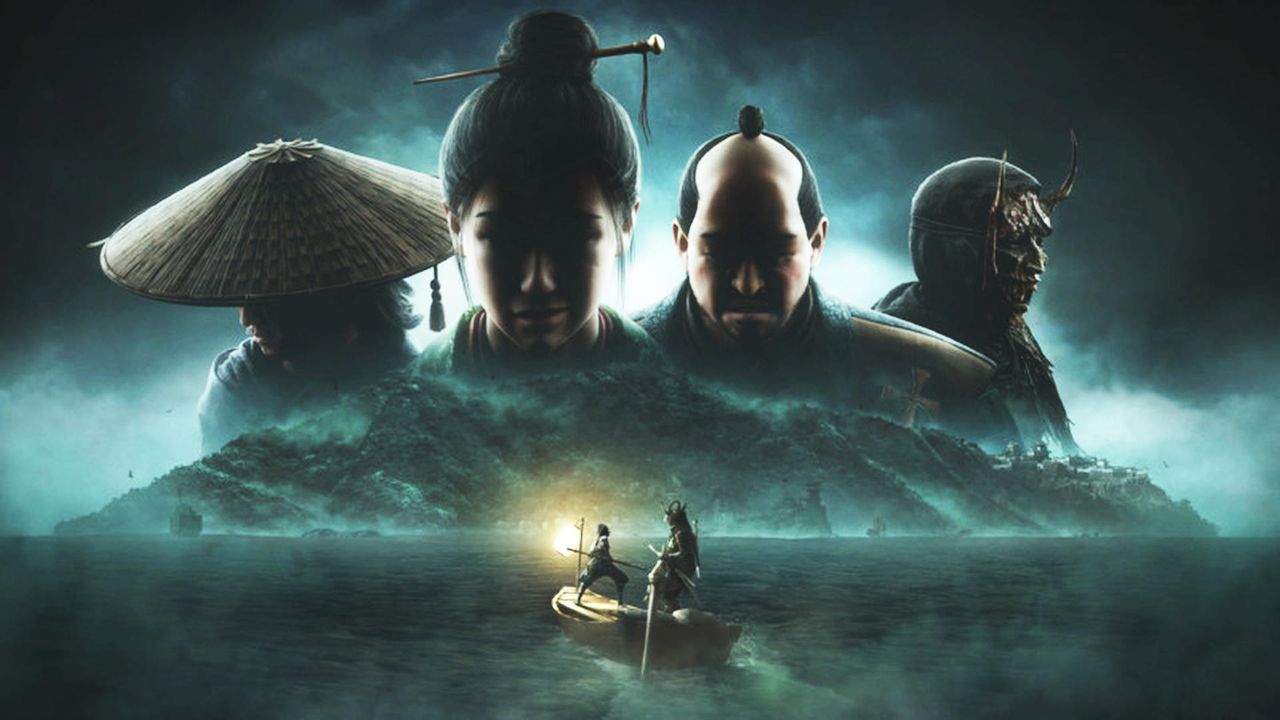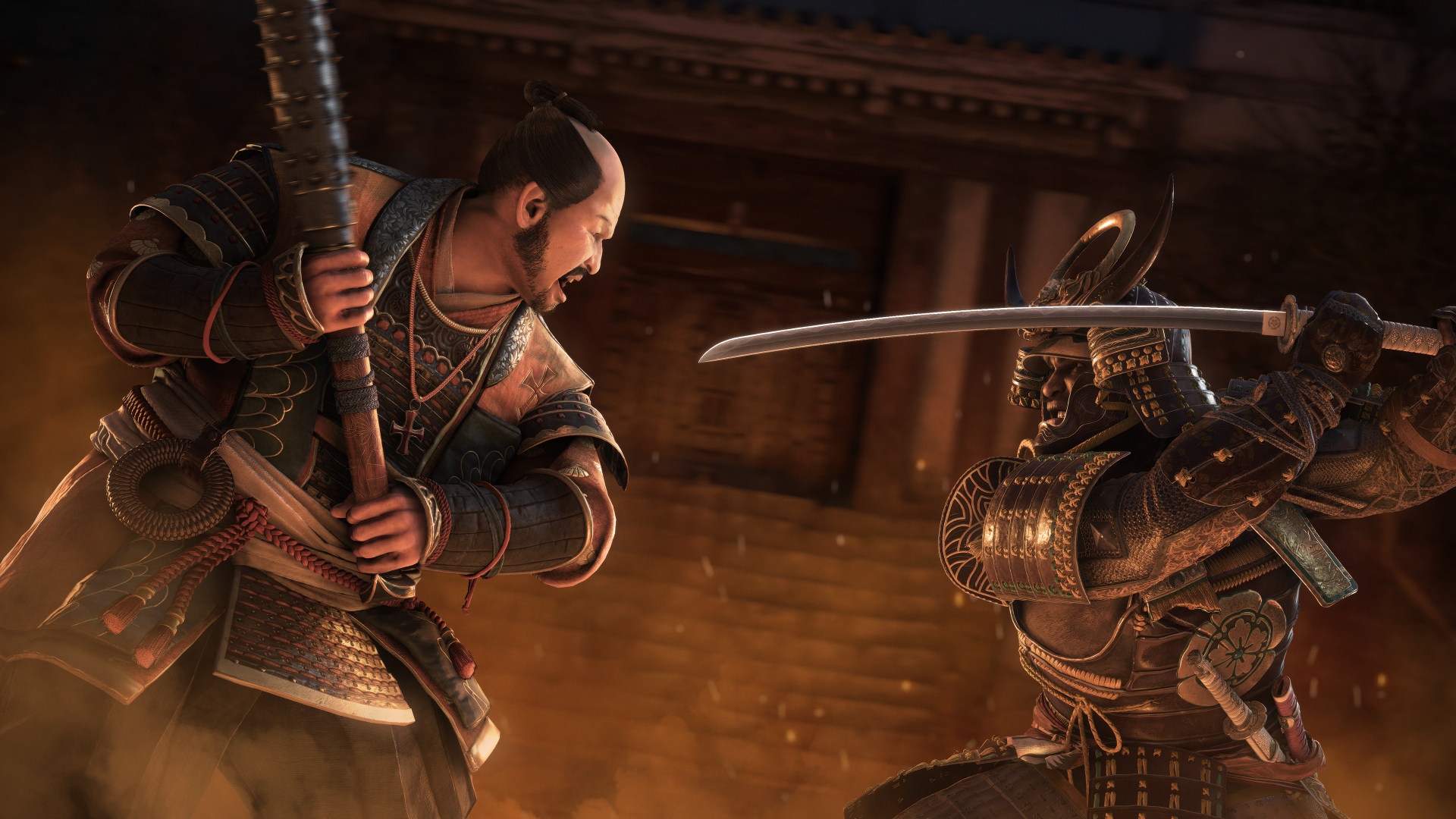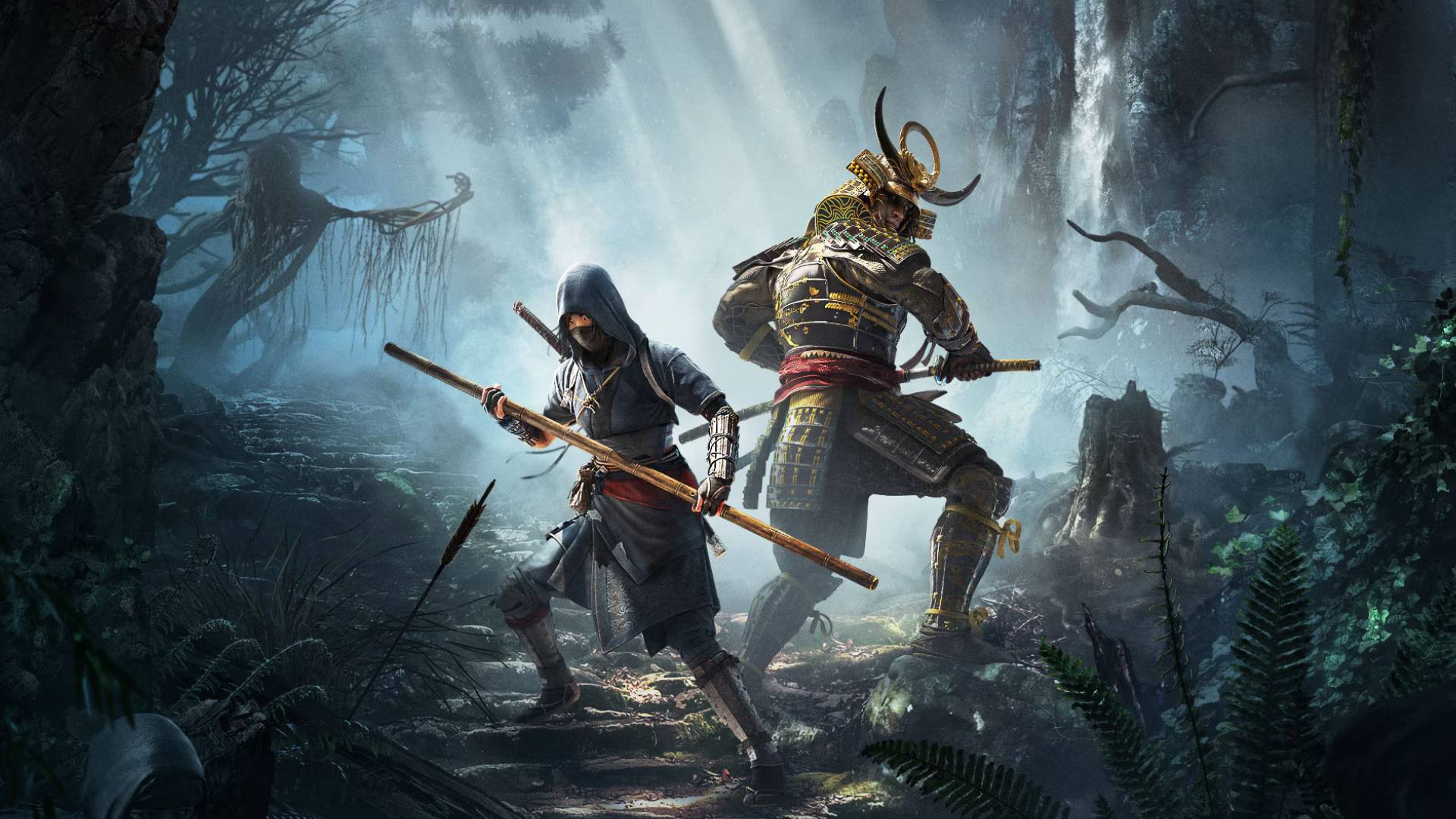
Ubisoft Bordeaux is quietly making a big name for itself within Assassin's Creed. Founded in 2017, it had scarcely touched the franchise before Assassin's Creed Valhalla, a game on which it would eventually take the lead with the Wrath of the Druids DLC. From there came Assassin's Creed Mirage, which grew from humble origins into the studio's first game as lead devs. Now it's been entrusted with Assassin's Creed Shadows' Claws of Awaji expansion – a very different approach to the series' post-launch content, but one that content director Simon Arsenault says was once a little more traditional.
"We pitched a couple of ideas," he tells me. "'If we keep [Shadows] political, what do we do? If we keep it fantastical, what do we do? If we keep personal, what do we do that's at the end?'" Where the series' previous expansions have often existed apart from the main game, that's a direction the Bordeaux team couldn't go down: "There's a great vengeance story in the main game," Arsenault explains, but if you start telling a new narrative, "you're diluting it."
Thankfully, the team in France didn't "go that deep in that thought process," Arsenault says. Partly, that's because the lead studio in Quebec had already grappled with concerns around 'diluting' the middle of the story and had opted to move in a different direction. Instead, Claws of Awaji is a "really endgame" expansion, which gave Ubisoft Bordeaux a lot more room to maneuver. The base game's gameplay and narrative is already set, difficulty can be adjusted for late-game players, and Arsenault even promises "unique boss fights" that can challenge those who already have all the endgame gear and perks they'll need. All that remained for Bordeaux was to establish its theme.
Target on your back
It took very little time before the team landed on a threatening tone for Claws of Awaji. Mainland Japan might be mired in a war, but its consequences are very rarely aimed directly at the player. By contrast, on Awaji, "it becomes a personal story" as soon as the tension is focused towards you, and that creative thread was one the team followed right into the wild heart of the island. At one point, perfecting the creepy, oppressive ambience of Awaji saw the developers tweaking individual aspects of island life to see how it would affect the feel of the game. You might find, for instance, that you see very few children on your travels – the danger posed by the expansion's antagonists keeps them firmly indoors, because, "when you don't see kids, or people laughing in the street, all of a sudden the mood changes."
Tone might be a key part of this expansion's identity, but its direct attachment to the main game's narrative could be a major sticking point. Shadows' climax left many players expecting more, and Claws of Awaji picks up many of those hanging narrative threads almost immediately.

"I'm not sure how they're going to react," Arsenault admits when I ask him what he thinks the community will make of the expansion's narrative. "But there was also a part of the community, even with Wrath of the Druids, that were saying the exact opposite." Why play a chunk of game divorced from the world and story you're familiar with, they said, especially when there's so much to see in the original game? "It was getting more messy. If you played [Valhalla] at release, it was good, but the more you waited, all the expansions and free content was piling on. At one point it became a monster game. It was already a monster, but it became a way bigger monster game by the end."
With Claws of Awaji's approach, Arsenault thinks that monstrous feeling is "alleviated a little bit," because you're able to tackle its narrative at the correct moment. It's also easier for the devs. A secluded island location meant that Awaji's systems only needed to be relevant on Awaji itself.
"It's also a little bit easier to balance," Arsenault explains of this contiguous approach. For a DLC like Druids that can be accessed at any time, devs are balancing around every potential player. For an endgame approach like this one, they're still working out the difference between casual players and full min-maxers, but that's a much smaller range with which to work, since everyone has at least reached the end of the game.
Design by constraints

Finding ways to make building a project like Claws of Awaji easier is crucial, Arsenault explains, because Ubisoft Bordeaux and its roughly 400-strong team simply doesn't have the same resources as some of Ubisoft's biggest studios. "I talk about design by constraints," he says. "You have to design with the time you have, the money you have." Still, the core team behind Naoe's new DLC weapon saw 11 people working on one new feature for 14 months, and that's before even accounting for QA or animation help. Elsewhere, a group of devs constructing one showstopping early sequence worked for more than a year on an idea that may never appear in an Assassin's Creed game again. "We had a limited time, so we have to focus," Arsenault says. "And how do you focus? You keep the scope as clear as possible, you try to reuse locations a couple of times, you try to come up with twists on narrative."
Even within their constraints, Arsenault makes it clear that he and his team were given a lot of free reign to build Awaji the way they wanted to. Occasionally, the lead team in Quebec would ask Bordeaux to rein in its ambitions, but only when work on Awaji started to impact the systems of the Shadows itself. Ubisoft's sheer size, Arsenault says, means that leading dev teams are "not always asking something very precise" of its support studios, "because we want every team to be a part of something." It was Bordeaux, for instance, that chose the Bo as the new addition to Naoe's arsenal, with general guidance from Quebec rather than firm instructions. "There's some times where I can have fun," Arsenault says. "If we're excited, [Quebec] is going to feel it, and they're going to be excited to. And normally, when we're excited, the players are too."







